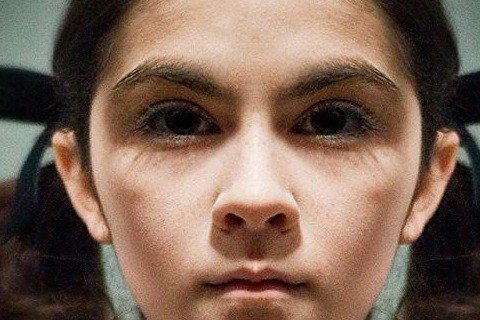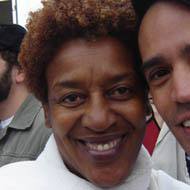
An orphan is a child whose parents have died, are unknown, or have permanently abandoned them. In common usage, only a child who has lost both parents due to death is called an orphan. When referring to animals, only the mother's condition is usually relevant.
Over Orphan
A grieving couple adopt a young girl who is not as she seems. The film grossed $78 million at the box office globally.
Prestaties van Orphan
One of the producers for the film is Leonardo DiCaprio. The film was shot in various locations in Canada.
Top feiten die je niet wist over Orphan
Adoption - Adoption is a process whereby a person assumes the parenting of another, usually a child, from that person's biological or legal parent or parents. Legal adoptions permanently transfer all rights and responsibilities, along with filiation, from the biological parent or parents.. AIDS orphan - An AIDS orphan is a child who became an orphan because one or both parents died from AIDS. In statistics from the Joint United Nations Programme on HIV/AIDS, the World Health Organization and the United Nations Children's Fund, the term is used for a child whose mother has died due to AIDS before.... Child abandonment - Child abandonment is the practice of relinquishing interests and claims over one's offspring in an illegal way with the intent of never resuming or reasserting guardianship.. Foster - Foster care is a system in which a minor has been placed into a ward, group home, or private home of a state-certified caregiver, referred to as a"foster parent" or with a family member approved by the state.. Legitimacy (family law) - Legitimacy, in traditional Western common law, is the status of a child born to parents who are legally married to each other, and of a child conceived before the parents obtain a legal divorce.. Orphan Train - The Orphan Train Movement was a supervised welfare program that transported children from crowded Eastern cities of the United States to foster homes located largely in rural areas of the Midwest. The orphan trains operated between 1854 and 1929, relocating about 250,000 children.. Adoption, fostering, orphan care and displacement.. Effects of death on children.. Child welfare.. Human development.. Family.












